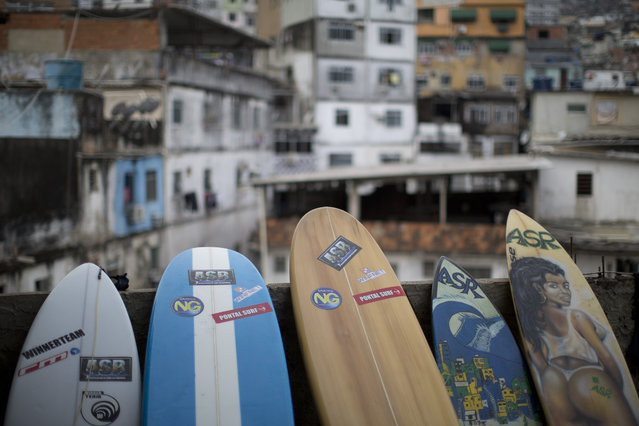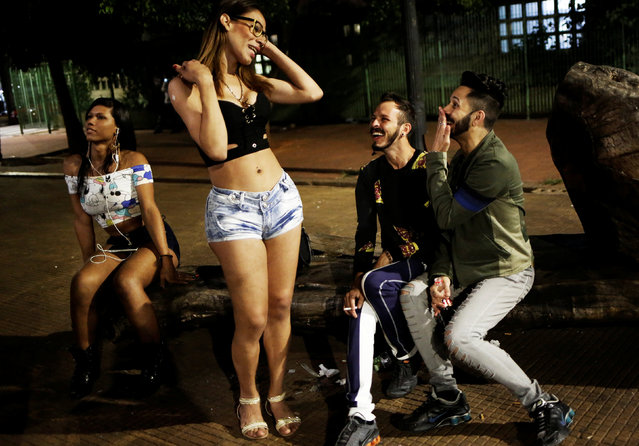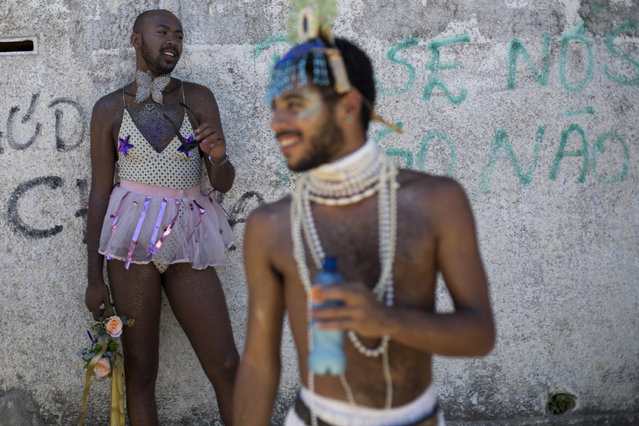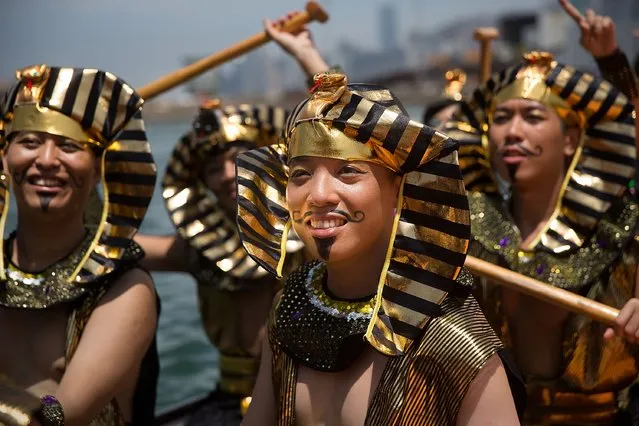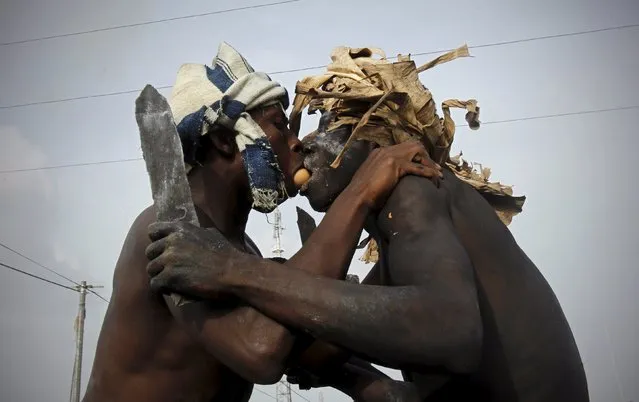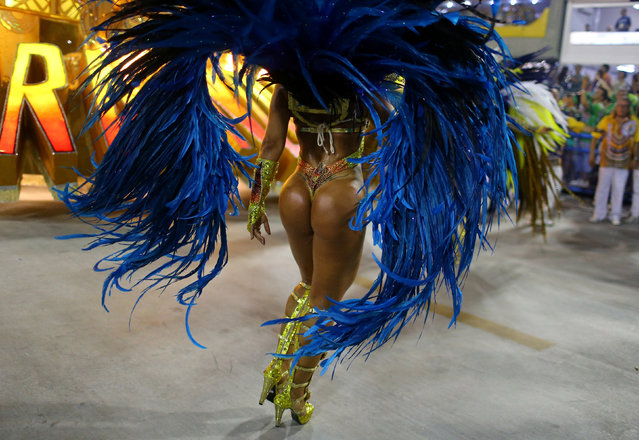
A 2014 Soccer Calendar, inspired by the World Cup, and commissioned by a beer company (we can't provide client info) featuring women doing the 12 most famous moves in soccer.
Tim Tadder traveled around Brazil shooting the backgrounds and collaborated with the talented Mike Campau to blend the scenes together to create a truely unique set of images.
24 Jun 2014 09:38:00,post received
0 comments

